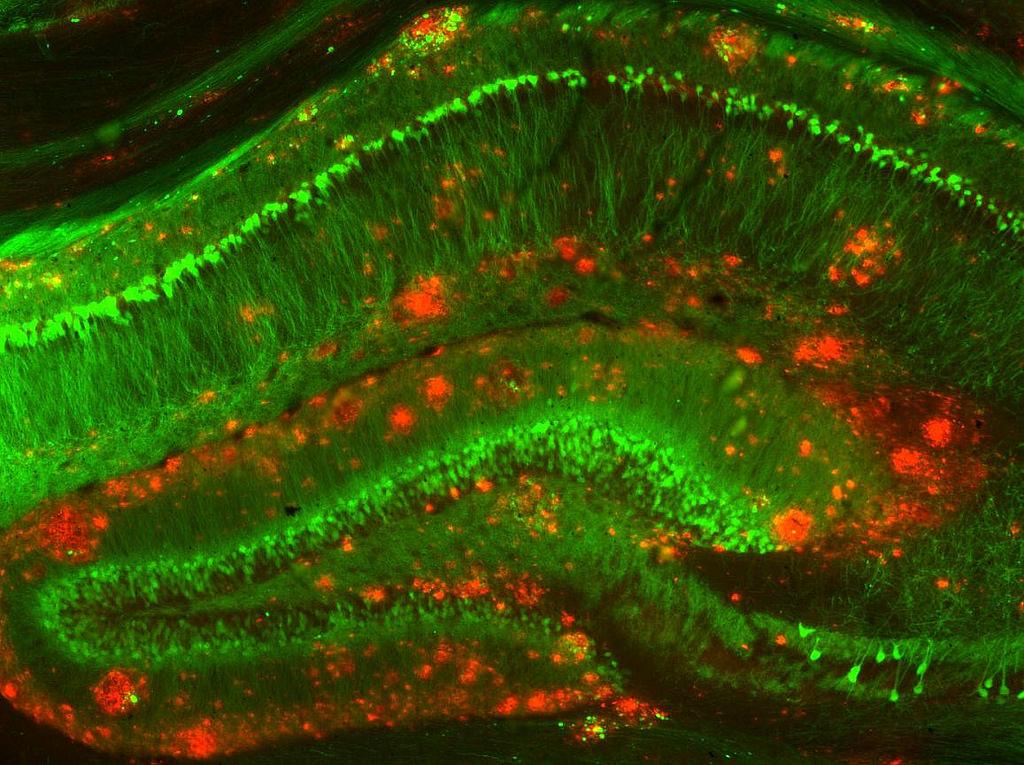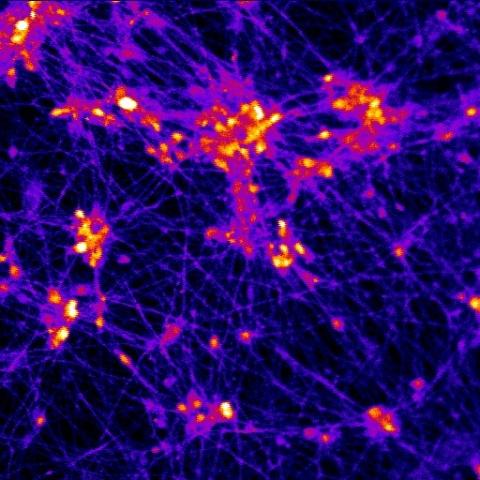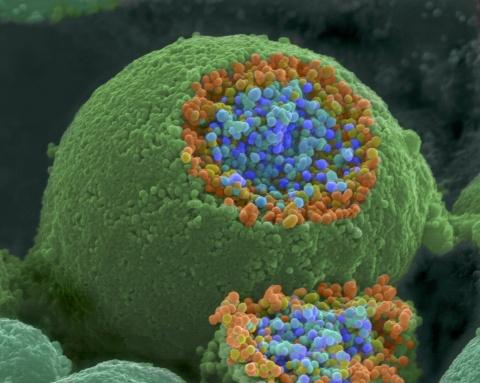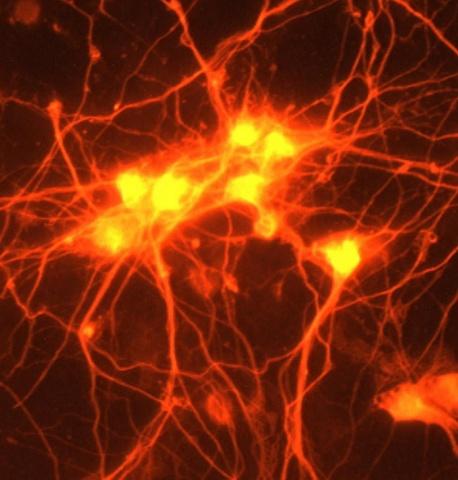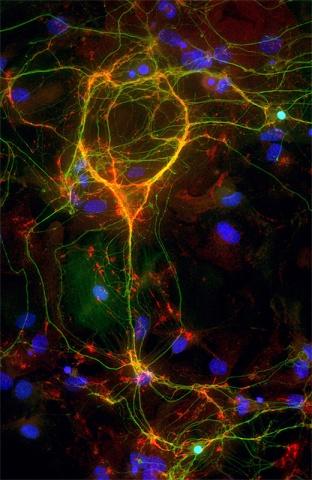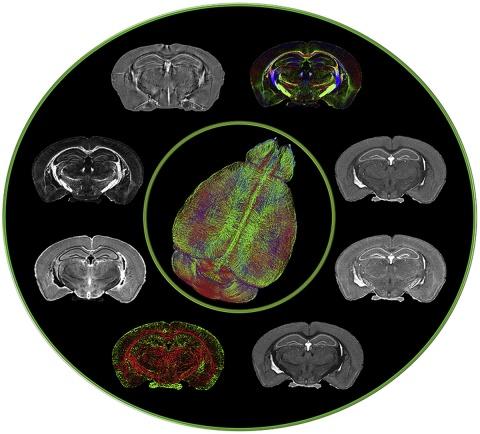Duke Neurology Research Round Up, November 2020
Members of the Duke Neurology Department contributed to 14 new peer-reviewed studies this October, advancing our understanding of or ability to treat Parkinson’s disease, Alzheimer’s, stroke, and other conditions. Laurie Sanders, PhD, and Claudia Gonzalez Hunt, PhD, advanced our understanding of the links between mitochondrial DNA damage and Parkinson’s disease, providing a potential avenue for future therapies.
El Husseini, Spector discuss transforming telestroke and racial disparities with AAN
The Duke Neurology Department’s Nada El Husseini, MD, and Andrew Spector, MD, both appeared in the American Academy of Neurology’s (AAN) AAN Alumni Leadership Newsletter for October 2020, where they discussed transforming telestroke during a global health crisis and how neurologists can reduce racial health disparities.
Duke Neurology Research Round Up, October 2020
This September, members of the Duke Neurology Department contributed to 26 new studies, advancing our knowledge of neuroscience at the subcellular, national, and global levels. Ornit Chiba-Falek, PhD, and Laurie Sanders, PhD, lead studies that answered questions about the genetic origins of Parkinson’s disease and its connection to some forms of breast cancer.
Duke Neurology Research Round Up, September 2020
With 18 new peer-reviewed articles from members of our faculty, August 2020 was a record-breaking month for the Duke Neurology Department. Clinical research highlights published in the past 31 days include an analysis of patients presenting with vertigo in Emergency Departments, an essay on the human cost of COVID-19 and how we can help people connect during difficult times, and a study finding new benefits for therapies for myasthenia gravis.
Faculty Spotlight: Brian Mac Grory, MD
Brian Mac Grory, MD, was a second-year resident when a new method of treating stroke revolutionized vascular neurology almost overnight. Now, as a new member of our faculty, he’s treating patients with strokes and co-creating a multidisciplinary clinic specializing in treating patients who’ve suffered strokes that affect their eyes. In this week’s spotlight interview, Mac Grory talks about what he enjoys in each of these areas, how Duke is poised to help patients with eye strokes, and how he sees treatment for strokes improving in the future.
Duke Neurology Research Round Up, August 2020
Members of the Duke Neurology Department contributed to 14 new peer-reviewed articles published this July, improving our understanding of neuroscience, charting a course for research in a post-COVID-19 world, and offering opportunities for advancing patient care. Simon Gregory, PhD, and Yong Chen, PhD, respectively co-authored articles offering new therapeutic avenues for muscle repair and chronic pain treatment. Wuwei “Wayne” Feng, MD, MS, was part of a consortium examining the impact of COVID-19 on the NIH’s StrokeNet and offering a vision for resuming clinical trials.
Duke Neurology Research Round Up, July 2020
New research from the Duke Neurology Department advanced our understanding of neurological diseases and patient care at the basic science, translational, and clinical levels. Among other topics, our faculty, trainees, and staff found evidence for virtual reality’s potential in neurorehabilitation, tested a wearable device that can help better identify seizures, and reviewed how our understanding of the hippocampus has evolved over the past generation.
Duke Neurology Research Round Up, June 2020
In May 2020, members of the Duke Neurology Department contributed to nine new peer-reviewed journal articles. At the clinical level, a new study protocol will test the safety of a promising drug for reducing the consequences neural inflammation, while another shares more than a decade of knowledge about improving patient engagement in ALS research. Other studies, meanwhile, answered questions about how our brains and minds function, such as a NeuroImage study that found older and younger adults used different regions of the brain when performing the same task.
Duke Neurology Research Round Up, May 2020
Members of the Duke Neurology Department continued to advance the fields of clinical and translational neuroscience this April. Our faculty contributed to the first major systematic review of self-management programs for epilepsy, helping to answer questions about what makes these programs more or less effective. Another article discussed the benefits of CN-105, a therapeutic agent that may help reduce the harmful neuro-inflammatory response associated with stroke, traumatic brain injury, and other conditions.
Duke Neurology Research Round Up, April 2020
What do a genetic analysis of the intersecting pathways between Alzheimer’s disease and depression, a national prize-winning essay examining the ethics of unionization for physicians, and a systematic review of the literature surrounding a new potential form of therapy for stroke recovery have in common? They’re all subjects of peer-reviewed journal articles written or co-written by members of the Neurology Department published this March.
